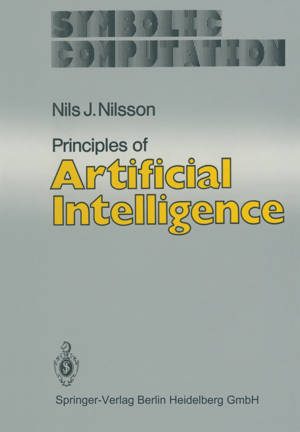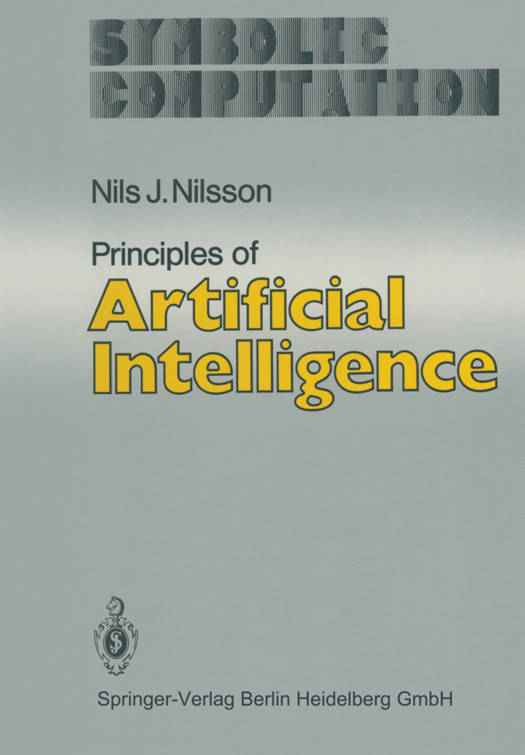
Je cadeautjes zeker op tijd in huis hebben voor de feestdagen? Kom langs in onze winkels en vind het perfecte geschenk!
- Afhalen na 1 uur in een winkel met voorraad
- Gratis thuislevering in België vanaf € 30
- Ruim aanbod met 7 miljoen producten
Je cadeautjes zeker op tijd in huis hebben voor de feestdagen? Kom langs in onze winkels en vind het perfecte geschenk!
- Afhalen na 1 uur in een winkel met voorraad
- Gratis thuislevering in België vanaf € 30
- Ruim aanbod met 7 miljoen producten
Zoeken
Omschrijving
Previous treatments of Artificial Intelligence (AI) divide the subject into its major areas of application, namely, natural language processing, automatic programming, robotics, machine vision, automatic theorem proving, intelligent data retrieval systems, etc. The major difficulty with this approach is that these application areas are now so extensive, that each could, at best, be only superficially treated in a book of this length. Instead, I have attempted here to describe fundamental AI ideas that underlie many of these applications. My organization of these ideas is not, then, based on the subject matter of their application, but is, instead, based on general computational concepts involving the kinds of data structures used, the types of operations performed on these data struc- tures, and the properties of con'trol strategies used by AI systems. I stress, in particular, the important roles played in AI by generalized production systems and the predicate calculus. The notes on which the book is based evolved in courses and seminars at Stanford University and at the University of Massachusetts at Amherst. Although certain topics treated in my previous book, Problem- solving Methods in Artificial Intelligence, are covered here as well, this book contains many additional topics such as rule-based systems, robot problem-solving systems, and structured-object representations.
Specificaties
Betrokkenen
- Auteur(s):
- Uitgeverij:
Inhoud
- Aantal bladzijden:
- 476
- Taal:
- Engels
- Reeks:
Eigenschappen
- Productcode (EAN):
- 9783662094402
- Verschijningsdatum:
- 23/08/2014
- Uitvoering:
- Paperback
- Formaat:
- Trade paperback (VS)
- Afmetingen:
- 170 mm x 244 mm
- Gewicht:
- 784 g

Alleen bij Standaard Boekhandel
+ 147 punten op je klantenkaart van Standaard Boekhandel
Beoordelingen
We publiceren alleen reviews die voldoen aan de voorwaarden voor reviews. Bekijk onze voorwaarden voor reviews.









